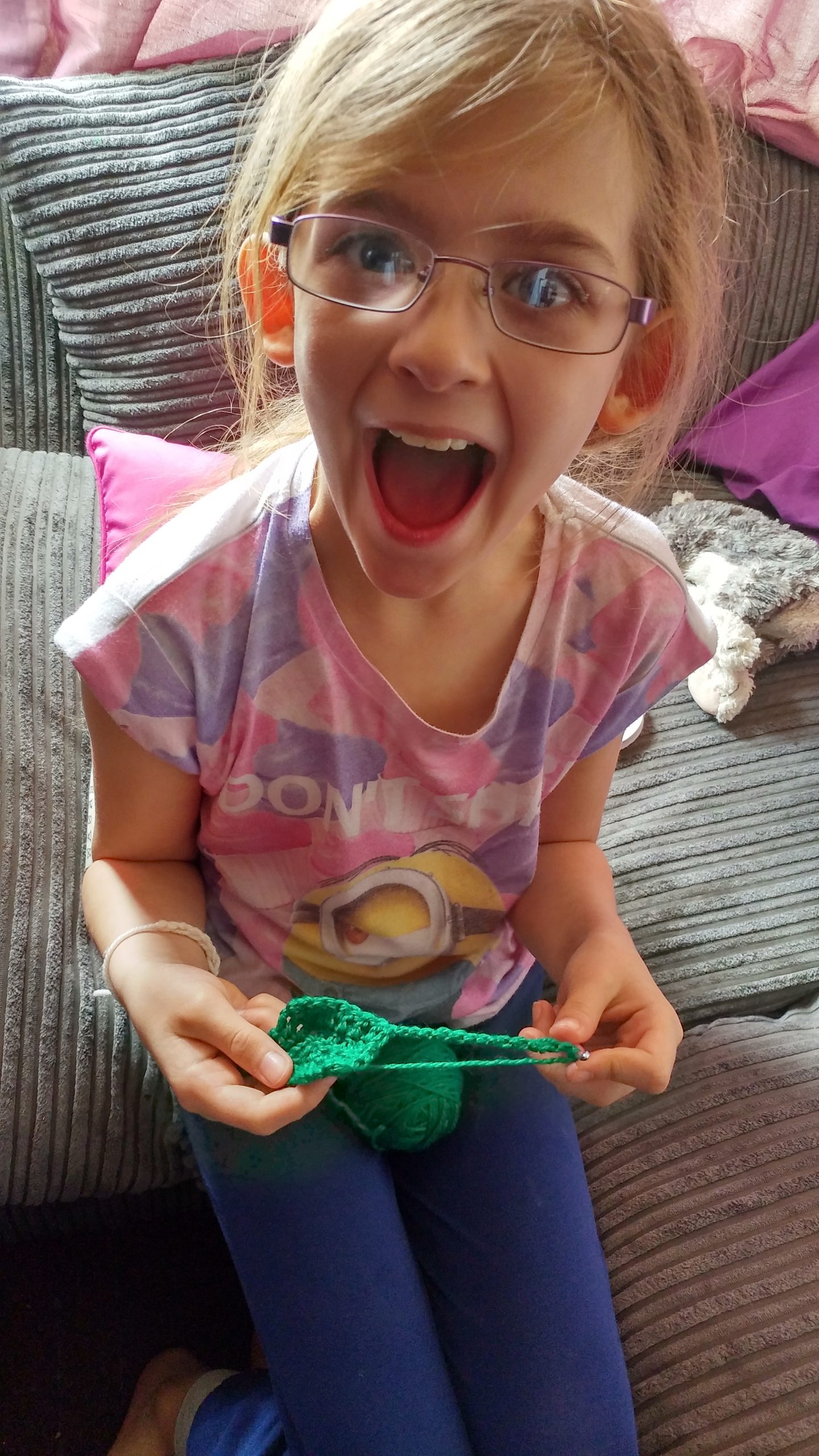I received The Cactus Surgeon: Using Nature to Fix a Faulty Brain by Hannah Powell to review thanks to Random Things Blog Tours. I was looking forward to reading this as I often feel like being a busy polluted area makes my health worse, I was intrigued to see if moving and spending more time surrounded by nature really did help.

The Cactus Surgeon
Living in London, Hannah suffered burnout and was diagnosed with a functional neurological disorder. With no information available to help her, she found her own way to get better.
Growing up in a garden centre, her childhood was full of nature and plants. This was in stark contrast to the concrete of the capital, where she became unwell. In searching for the answers to her illness, she wonders whether being torn from her pot and replanted in a more hostile environment was the reason her body started to malfunction.
After seeking out alternative therapies, and moving to the countryside of North Essex, her ‘green recovery’ continued.
It’s a book of mindful moments, savouring the small wonders of nature
My Thoughts
Hannah Powell starts by explaining where her burnout began, how busy her life was in the lead up to her ill health. It’s a stark contrast to the childhood she then goes on to share with her readers and it’s easy to see why reverting back to a greener way of life both appealed and made sense as a way of therapy/treatment for how ill Hannah had become and how by doing so this improved other areas of her life too. It was lovely reading about her life in North Essex as its not too far from me and reminded me it’s not all grey and horrible here too!

Hannah Powell
Hannah Powell (née Bourne) is Communications and HR Director for the Perrywood Garden Centres she runs with her dad and two brothers. When she was six years old, she wanted to be a cactus surgeon.
Before coming back into the family business, she had a successful career in PR and marketing, running high-profile campaigns for clients, including Barclaycard and Domino’s Pizza. She was part of the team that launched Global Entrepreneurship Week, an annual campaign to encourage young people to set up businesses worldwide.
She now lives in North Essex with her husband, daughter and many plants.
thecactussurgeon.com






















































